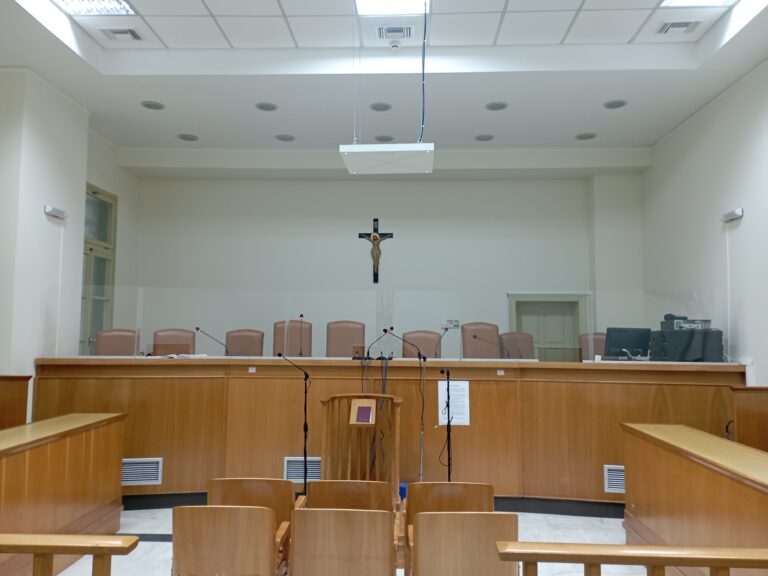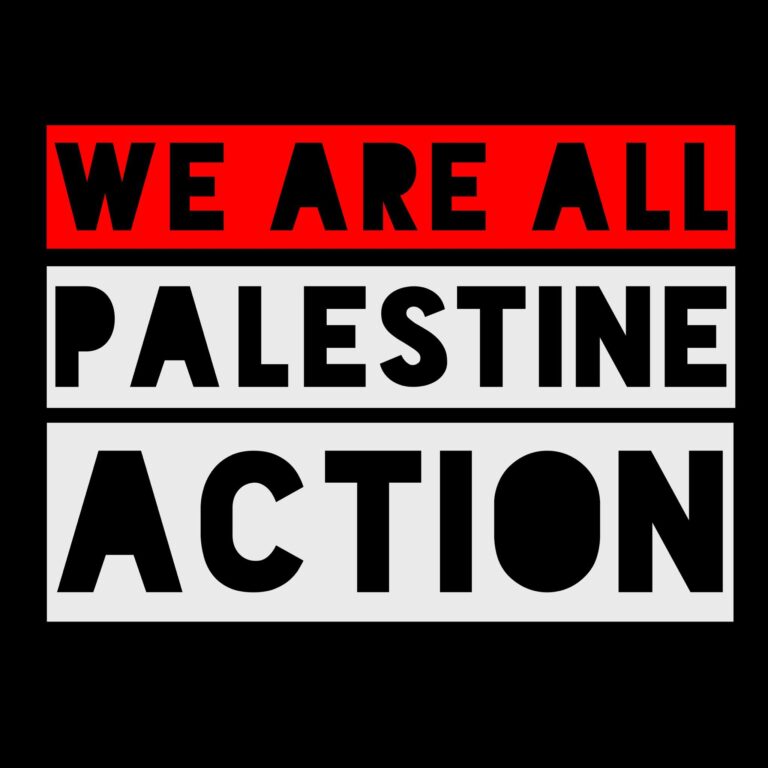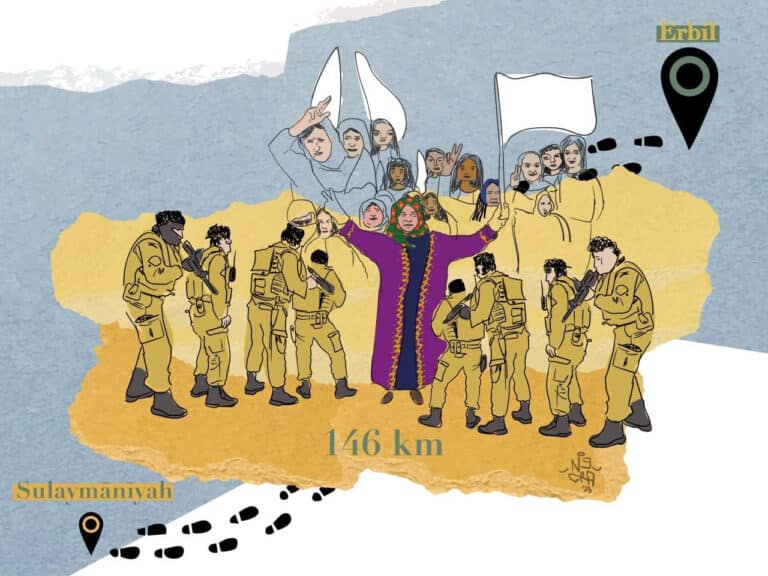CPTnet
8 August 2017
COLOMBIA: Lack of guarantees slows the peace process
by Hannah Redekop

Leaders assassinated in
2017
The fears of human rights
defenders in the region are becoming reality. While giving a summary of the
context in the Magdalena Medio región, a member of the social movement of
Barrancabermeja commented that “we knew that the postconflict period would be
more difficult but we didn’t know it would be so hard”.
Several human rights and
victim organizations met together on July 19th with the Peace and Coexistence
office of the municipality of Barrancabermeja in order to analyze the new
realities of the country in the context of the implementation of the peace
accords.
A national representative
of the Executive Secretariat for the Special Jurisdiction for Peace (JEP)
attended the meeting to inform about the new justice mechanism created out of
the peace accords. However, this mechanism is not yet functional and has not
yet been given the resources to collect evidence and testimonies.
This is one of the many
examples that prove that the implementations of the peace accords is behind schedule.
The FARC combatants have handed over their weapons, but there are no
security guarantees for them. There has been great neglect on behalf the
the state to institute justice and amnesty for the members of this guerrilla
group, whose leaders only recently terminated a 25 day hunger
strike after the state expedited a decree that would free the
remaining imprisoned guerrilla fighters

About 1000 imprisoned
FARC ex-combatants carry a hunger strike, demanding de amnesty law to be
enforced. Source:
https://elpais.com/internacional/2017/07/04/colombia/1499195524_041579.html
Freedom is the first step,
but the combatants still lack sufficient security guarantees to continue with
the reintegration process. Since the signing of the the accords, six members of
the FARC and nine of their relatives have been
assassinated, according to data from the Marcha Patriotica political
movement.
And if the guarantees for
FARC members are inadequate, those for the civilian population are
non-existent. The Foundation for Peace and Reconciliation (PARES) published
their second report
which outlines several obstacles to peace. Many of these concerns were also
highlighted in the meeting with Barrancabermeja’s municipality, by the very
human rights defenders who are working to put the accords into action on the
ground.
First, people’s lives
are in danger. Since November 24, 2016 up until the middle of this
month, PARES documented 181 cases of violence against social leaders and human
rights defenders, of which 55 cases were homicides; “which means that every
four days a social leader is killed, and every two, someone is threatened”
states the report.
Secondly, land is being
lost. The regions that have historically been in the hands of the FARC are
territories that are rich in natural resources, areas traditionally used for
mining exploitation and coca cultivation. After the FARC demobilized, these
areas have been taken over by illegal armed groups. In Tierralta,
Cordoba, there is evidence of the paramilitary group ‘Autodefensas Gaitanistas
de Colombia’ expanding their territorial control into regions abandoned by the
FARC “with the objective of monopolizing criminal activities and illicit
economies,” states the Colombian Human Rights
Ombudsman office. What’s worrisome about this phenomenon – which is
happening not only in Cordoba but also in Antioquia, Nariño and across the
country – is that there is no recognition from the state of the existence of
these illegal armed groups and their correlation with the systematic killing of
social leaders. In contrast to the guerrilla struggle which had a political
ideology as its driving force, the paramilitary agenda “emerges and exists as a
structure outside the law – currently – that tries to sustain the status quo of
landgrabbing from small farmers, and the use of the rural countryside for
agro-industrial corporations and cattle ranching” explains and article from Revista
Hekatombe.
It is essential – coming
from a new context of post-agreements and their implementation – that the
government recognize the paramilitaries as an armed group that never
demobilized and that they put a stop to the violent paramilitary actions
against the Colombian population that continue to debilitate the peace process.



